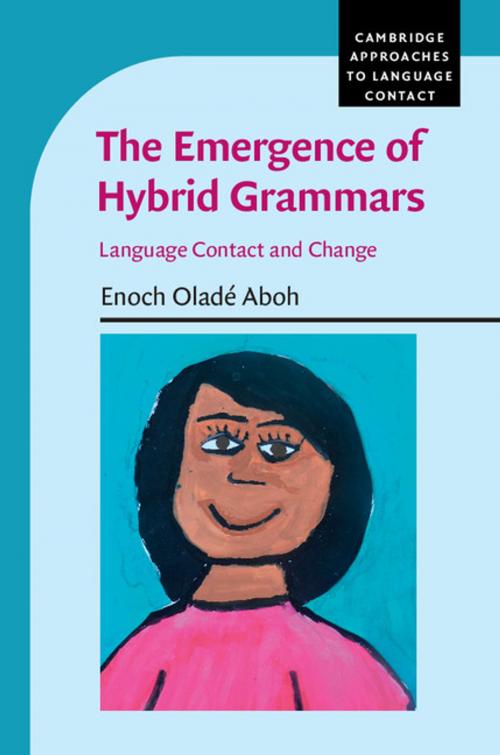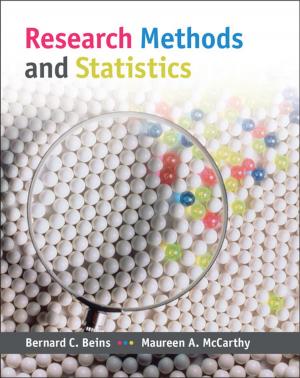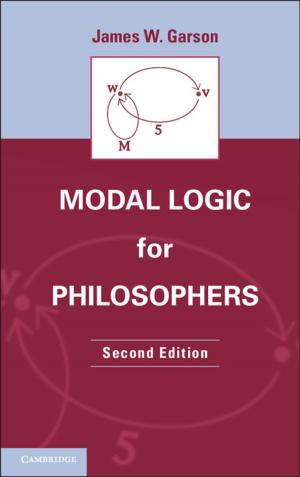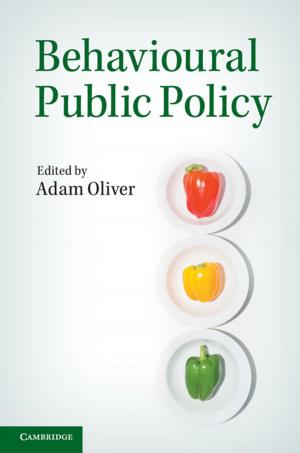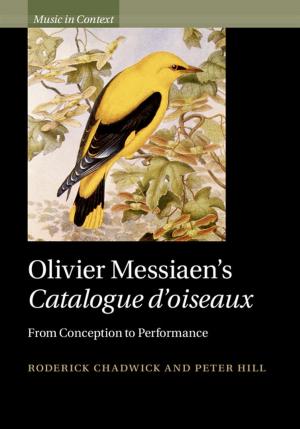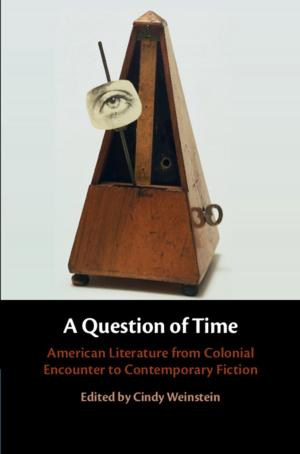The Emergence of Hybrid Grammars
Language Contact and Change
Nonfiction, Reference & Language, Language Arts, Linguistics| Author: | Enoch Oladé Aboh | ISBN: | 9781316287309 |
| Publisher: | Cambridge University Press | Publication: | August 27, 2015 |
| Imprint: | Cambridge University Press | Language: | English |
| Author: | Enoch Oladé Aboh |
| ISBN: | 9781316287309 |
| Publisher: | Cambridge University Press |
| Publication: | August 27, 2015 |
| Imprint: | Cambridge University Press |
| Language: | English |
Children are extremely gifted in acquiring their native languages, but languages nevertheless change over time. Why does this paradox exist? In this study of creole languages, Enoch Oladé Aboh addresses this question, arguing that language acquisition requires contact between different linguistic sub-systems that feed into the hybrid grammars that learners develop. There is no qualitative difference between a child learning their language in a multilingual environment and a child raised in a monolingual environment. In both situations, children learn to master multiple linguistic sub-systems that are in contact and may be combined to produce new variants. These new variants are part of the inputs for subsequent learners. Contributing to the debate on language acquisition and change, Aboh shows that language learning is always imperfect: learners' motivation is not to replicate the target language faithfully but to develop a system close enough to the target that guarantees successful communication and group membership.
Children are extremely gifted in acquiring their native languages, but languages nevertheless change over time. Why does this paradox exist? In this study of creole languages, Enoch Oladé Aboh addresses this question, arguing that language acquisition requires contact between different linguistic sub-systems that feed into the hybrid grammars that learners develop. There is no qualitative difference between a child learning their language in a multilingual environment and a child raised in a monolingual environment. In both situations, children learn to master multiple linguistic sub-systems that are in contact and may be combined to produce new variants. These new variants are part of the inputs for subsequent learners. Contributing to the debate on language acquisition and change, Aboh shows that language learning is always imperfect: learners' motivation is not to replicate the target language faithfully but to develop a system close enough to the target that guarantees successful communication and group membership.
